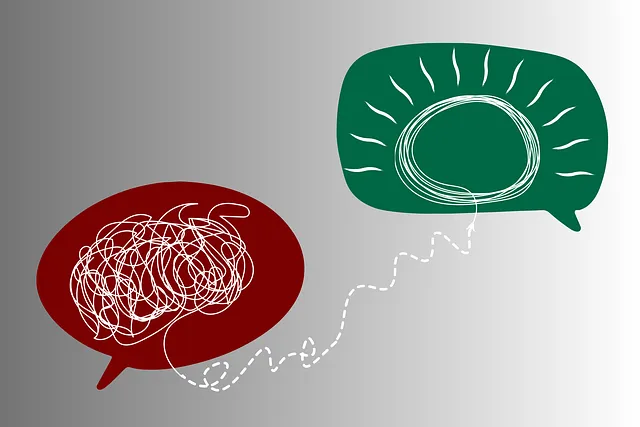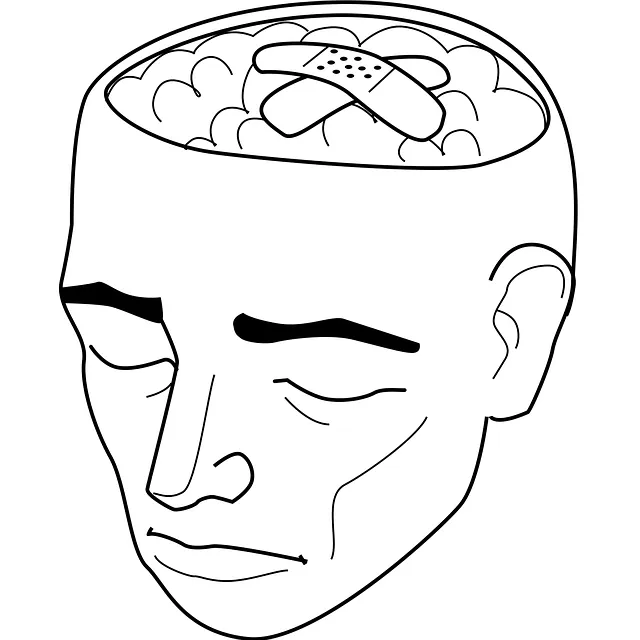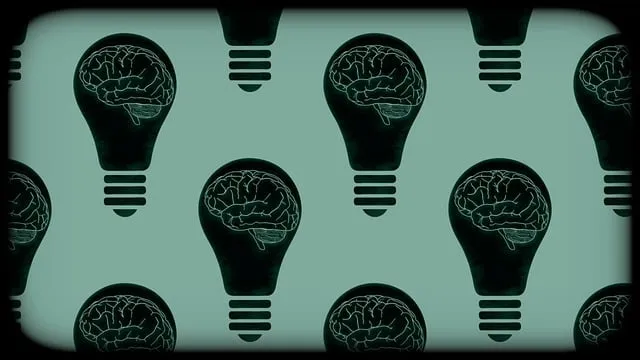Crisis Intervention Teams (CITs) are highly regarded in Kaiser Permanente's Colorado Springs mental health centers, based on positive Kaiser Permanente mental health center reviews. These teams offer specialized training to promptly de-escalate and support patients during crises, improving care. The program's multifaceted approach includes education about mental health conditions, emotional intelligence development, open communication, and collaborative practices. By breaking down barriers and promoting empathy, CITs enhance patient outcomes, reduce stigma, and improve healthcare quality. Kaiser Permanente Colorado Springs' CIT training programs contribute to a resilient community with enhanced mental health support systems, as reflected in their Kaiser Permanente mental health center reviews Colorado Springs.
Crisis intervention team (CIT) training programs are essential resources for mental health centers, ensuring staff are equipped to handle urgent situations effectively. This article explores the vital role of CITs in enhancing patient care and outcomes, using Kaiser Permanente Colorado Springs as a case study renowned for its comprehensive training programs. We’ll break down key training components, benefits, and longevity strategies, drawing from real-world examples to guide mental health centers in building resilient communities through robust CIT training. Discover how such programs can significantly impact patient experiences based on positive reviews of Kaiser Permanente mental health center services in Colorado Springs.
- Understanding Crisis Intervention Teams: A Vital Resource for Mental Health Centers
- Kaiser Permanente Colorado Springs: Setting the Standard for Training Programs
- Key Components of Effective Crisis Intervention Team Training
- Benefits and Impact on Patient Care and Outcomes
- Building a Resilient Community: Training Reach and Longevity
Understanding Crisis Intervention Teams: A Vital Resource for Mental Health Centers

Crisis Intervention Teams (CITs) are a vital resource for mental health centers, like those reviewed by Kaiser Permanente in Colorado Springs. These specialized teams provide immediate and effective support during psychological crises, ranging from suicidal ideation to severe trauma reactions. CIT members, typically consisting of nurses, counselors, and law enforcement officers, receive extensive training in de-escalation techniques, communication strategies, and self-care practices – all essential elements of high-quality mental health education programs design.
By integrating CITs into their services, mental health centers can foster a safer and more supportive environment for individuals experiencing emotional distress. This proactive approach not only enhances patient care but also contributes to the overall well-being of the community, demonstrating a commitment to addressing mental health challenges beyond traditional therapy settings.
Kaiser Permanente Colorado Springs: Setting the Standard for Training Programs

Kaiser Permanente Colorado Springs stands as a beacon of excellence in mental health care and training. Their crisis intervention team (CIT) programs are renowned for setting robust standards, attracting participants from various healthcare backgrounds. The CIT training at Kaiser Permanente is comprehensive, focusing not just on technical skills but also integrating burnout prevention strategies for healthcare providers, emphasizing the importance of self-care practices within the intense demands of their profession.
This commitment to holistic development extends beyond basic crisis intervention. Their programs delve into advanced mental wellness coaching techniques, fostering an environment where professionals can learn, grow, and thrive. The positive feedback from participants underscores Kaiser Permanente Colorado Springs’ role in shaping effective CIT training, contributing to a broader mission of enhancing mental health support systems and promoting the mental wellness of healthcare providers across the region, as evidenced by numerous favorable Kaiser Permanente mental health center reviews Colorado Springs.
Key Components of Effective Crisis Intervention Team Training

Effective crisis intervention team (CIT) training programs are multifaceted and tailored to prepare individuals to handle critical situations involving mental illness and emotional distress. One of the key components is comprehensive education about various mental health conditions, including depression, anxiety, and psychotic disorders. Understanding these conditions, their symptoms, and their impact on an individual’s life empowers CIT members to offer compassionate support.
Additionally, training should focus on developing emotional intelligence and emotional regulation skills within the team. Encouraging open communication, active listening, and empathy fosters a supportive environment. Mental illness stigma reduction efforts are also integral, aiming to dispel misconceptions and promote understanding and acceptance. These collaborative approaches, combined with regular practice scenarios, ensure that CIT teams in Colorado Springs, as exemplified by Kaiser Permanente mental health center reviews, are well-prepared to respond effectively during crises while prioritizing emotional well-being.
Benefits and Impact on Patient Care and Outcomes

Crisis intervention team training programs play a pivotal role in enhancing patient care and outcomes, especially at mental health centers like Kaiser Permanente Colorado Springs. These programs equip healthcare professionals with the skills to swiftly and effectively respond to critical situations, potentially saving lives. By fostering self-awareness exercises and promoting open dialogue, teams can break down barriers and reduce the stigma associated with mental illness, as highlighted in various Kaiser Permanente mental health center reviews.
The impact extends beyond individual cases; well-trained crisis intervention teams contribute to improved overall healthcare quality. They ensure that patients receive timely, appropriate care, leading to better treatment outcomes and increased satisfaction. Moreover, these programs often incorporate elements of Mental Wellness Podcast Series Production, allowing for the sharing of valuable insights and personal stories, further enriching mental health discussions and fostering community support for those dealing with mental illness.
Building a Resilient Community: Training Reach and Longevity

In building a resilient community, crisis intervention team (CIT) training plays a pivotal role in enhancing mental health support systems. Programs like those offered at the Kaiser Permanente mental health center in Colorado Springs are designed to equip individuals with effective strategies for responding to crises and fostering recovery. Through comprehensive CIT training, participants gain invaluable skills in empathy building and de-escalation techniques, enabling them to provide immediate and compassionate assistance during times of crisis.
This training reaches far beyond initial certification, aiming for longevity by nurturing a culture of mental health awareness and support. By integrating community outreach program implementation into their curriculum, these initiatives ensure that the knowledge and skills gained are not only retained but also effectively disseminated within local communities. Such programs ultimately contribute to a more resilient and supportive environment where individuals feel empowered to make a positive difference in their neighbors’ lives, mirroring the high-quality care often associated with Kaiser Permanente mental health center reviews in Colorado Springs.
Crisis intervention team (CIT) training programs, as exemplified by Kaiser Permanente Colorado Springs’ pioneering efforts, play a pivotal role in enhancing patient care and outcomes within mental health centers. By equipping staff with the necessary skills, these comprehensive programs foster resilient communities that can effectively navigate and de-escalate crises. The success of CIT training is evident in numerous positive patient care reviews of Kaiser Permanente mental health centers, underscoring its enduring impact on improving lives and creating safer environments.






